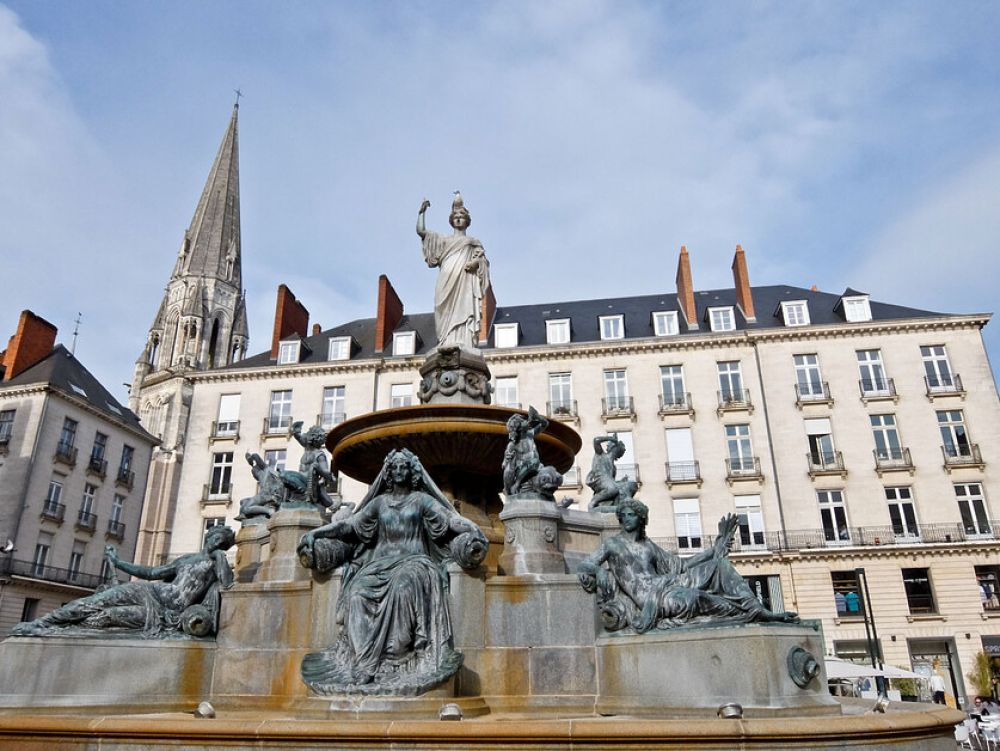

Nantes, a vibrant city in the Pays de la Loire region of western France, has long been a focal point of history, culture, and innovation. The evolution of tourism in Nantes is deeply intertwined with its rich history and the development of its unique identity.
Tourism in Nantes began to develop significantly in the 19th century, when the city was already known for its industrial prosperity and maritime trade. Visitors were drawn to its architectural landmarks, such as the Château des Ducs de Bretagne, and the impressive Cathedral of St. Peter and St. Paul. The city's status as a cultural and educational hub, with the establishment of institutions like the Museum of Fine Arts in 1801, also heightened its appeal. These early forms of cultural tourism were typically the pursuit of the affluent classes, who could afford the leisure and expenses of travel.
The 20th century saw more significant developments as tourism started becoming accessible to broader layers of society. The advent of the railway and improvements in road networks lowered travel barriers, enabling more people to discover Nantes and its attractions. Furthermore, the post-World War II era, particularly from the 1960s onwards, witnessed greater disposable income and leisure time among Europeans, contributing to a surge in domestic and international travel.
The late 20th and early 21st centuries heralded a new era for Nantes, with a strong focus on rejuvenation and sustainability. Nantes has been reinventing itself through the development of green spaces, pedestrianization of the city center, and restoration of historical sites. The culmination of these efforts contributed to Nantes being awarded the European Green Capital in 2013.
One of the boldest moves in Nantes' tourism history was the transformation of the city's old shipyards into the artistic wonderland known as Les Machines de l'Île. This innovative project, featuring a mechanical elephant and a fantastical carousel, symbolizes Nantes' blend of historical heritage with futuristic vision, creating a unique draw for tourists seeking unconventional experiences.
Today, Nantes continues to embrace contemporary trends in tourism, particularly experiential and immersive travel. Tourists are increasingly seeking personalized and authentic experiences that allow them to connect with the local culture and lifestyle. Nantes caters to these desires through diverse cultural events like Le Voyage à Nantes, an annual summer event that turns the entire city into an art trail, encouraging visitors to explore and engage with the urban environment creatively.
The growing trend of "gastro-tourism" has also found a foothold in Nantes, which boasts a thriving culinary scene that reflects both traditional French cuisine and innovative gastronomic experiences. Moreover, sustainable tourism continues to be a priority, with initiatives emphasizing local consumption, ecotourism, and responsible travel practices.
In conclusion, Nantes' history of tourism reflects not just the changes in societal leisure practices, but also the city's continual adaptation to meet and shape traveler expectations. Its investment in creative attractions, ecologically responsible tourism, and cultural assets ensures that Nantes remains a dynamic and attractive destination in France.